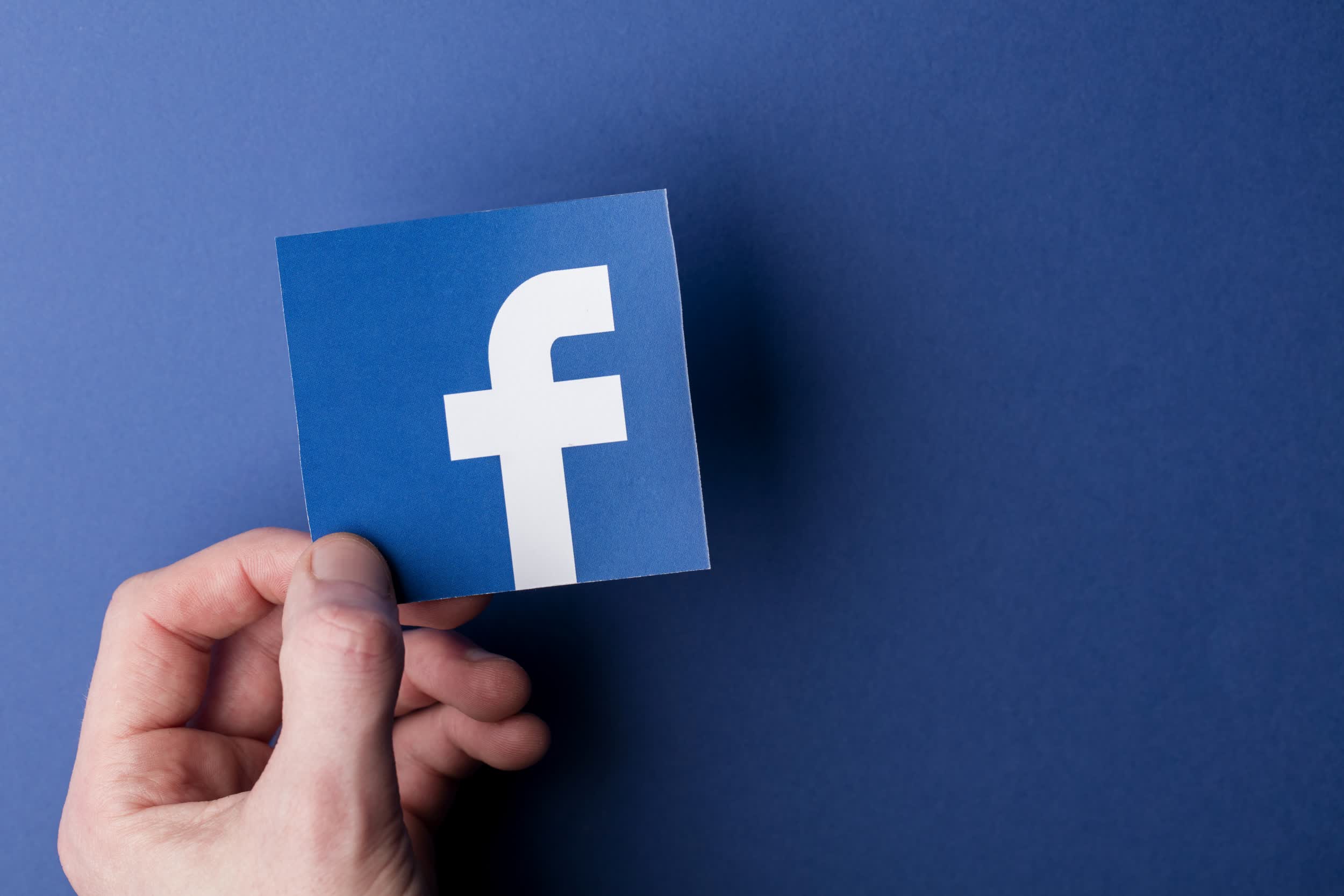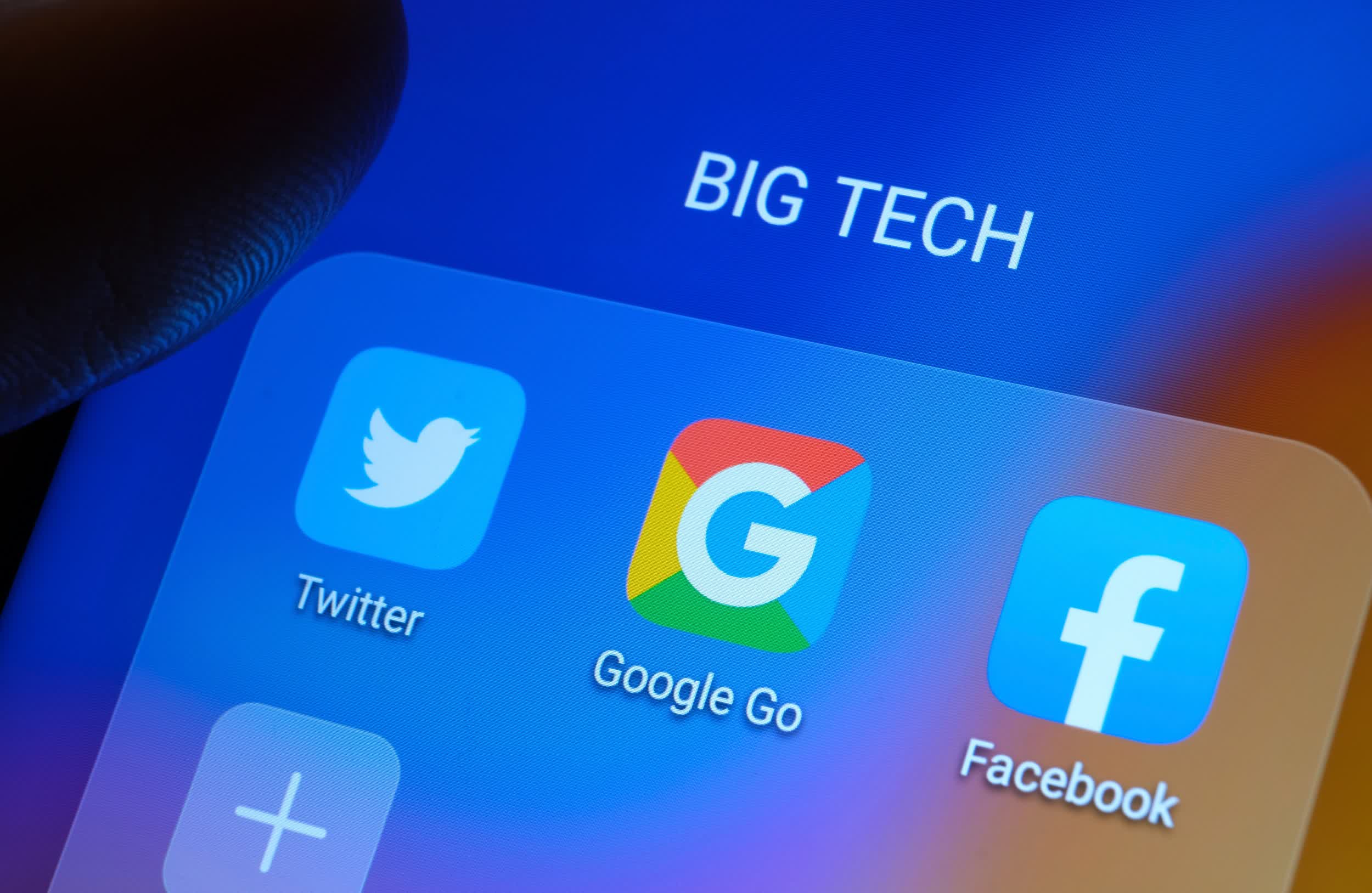The big picture: Facebook is one of the largest and most influential tech companies in the world. In addition to the core Facebook product (which includes Messenger), the company also owns and operates Instagram and WhatsApp as well as VR specialist Oculus.

A group of more than 40 US states are reportedly planning to file a lawsuit against Facebook next week.
Four sources familiar with the matter told Reuters that a group of states led by New York are investigating the social media behemoth for potential antitrust violations. Specifics of what the states plan to include in their suit aren’t known.
Facebook declined to comment on the matter when reached by Reuters. A spokesperson for the New York attorney general’s office was also mum on the subject, we’re told.

Should it come to fruition, it would be the second large-scale suit filed against a major tech company this year. Back in October, the Department of Justice accused Google of abusing market power in a lawsuit that has the potential to break up the search giant.
Amazon and Apple have also drawn the attention of lawmakers this year. Back in July, the CEOs of Apple, Amazon, Google and Facebook were grilled by the House Judiciary antitrust subcommittee regarding various business practices.
Image credit Ink Drop, Ascannio
https://www.techspot.com/news/87835-new-york-could-lead-group-40-states-suing.html